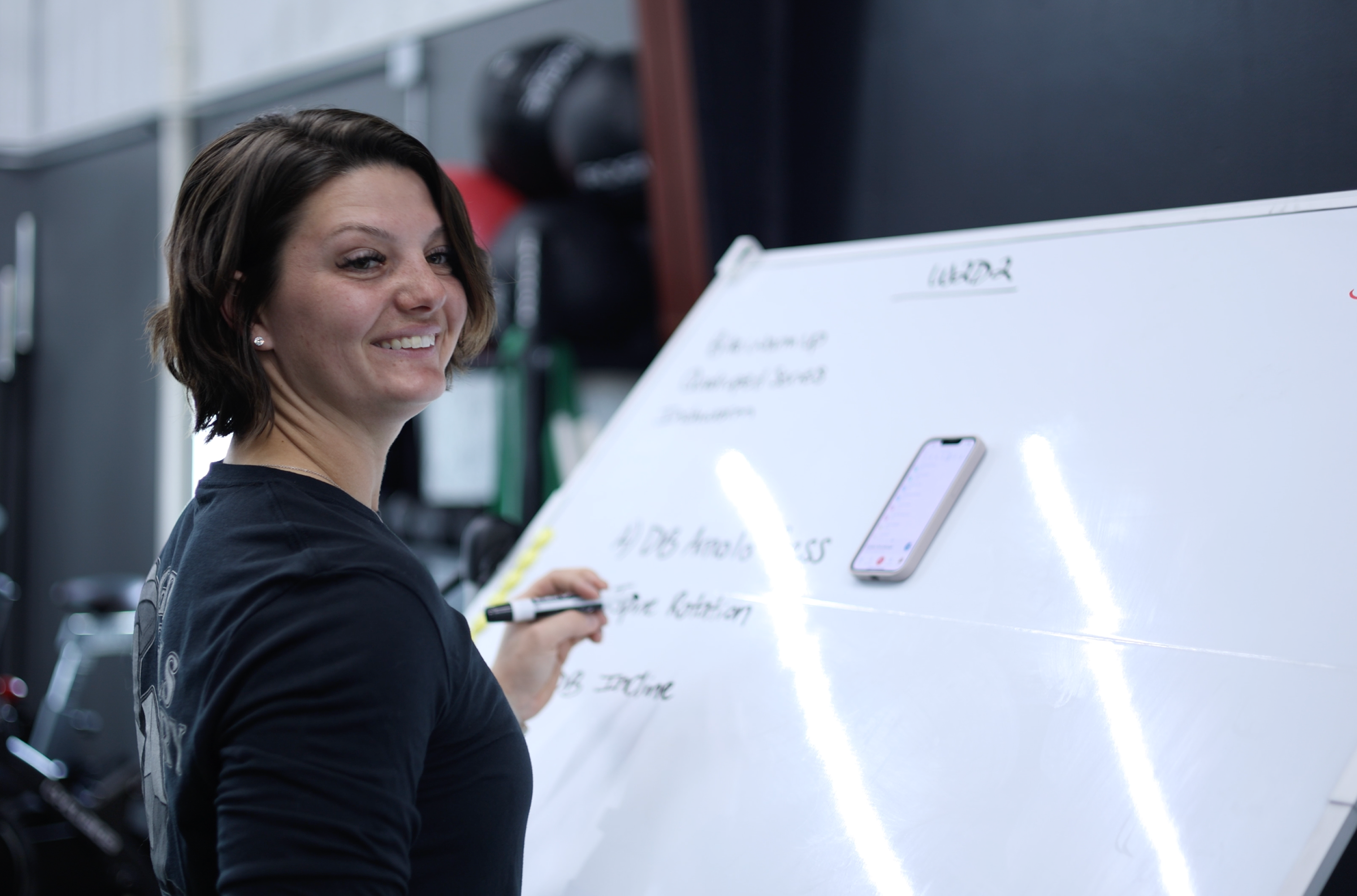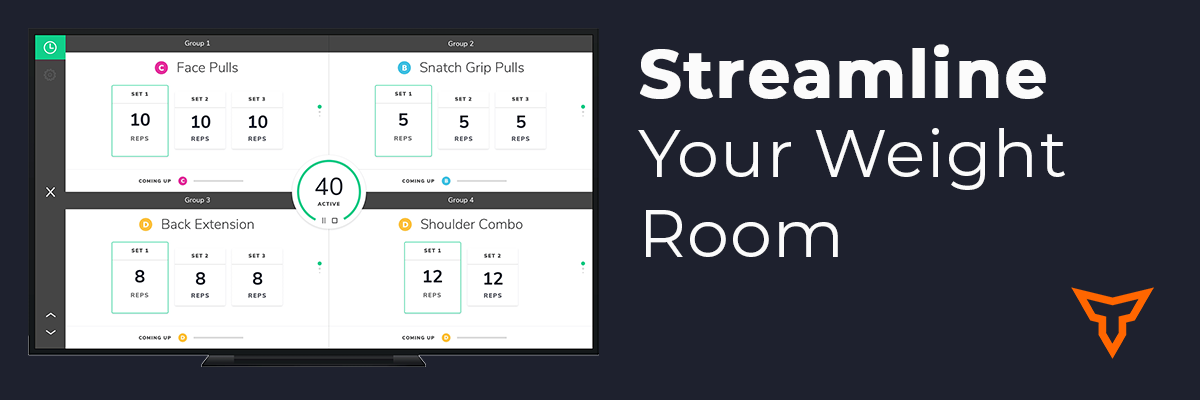This question comes up quite frequently on Facebook Groups and strength coach message boards. It's a fair question and lots of good points were raised. It even came up in a recent podcast on professionalism in the strength and conditioning industry with Cory Walts, Director of S&C at Penn. So let's get into it: Should strength coaches look the part?
First, as with many questions in the world, I am going to refrain from declaring a "yes" or "no" answer. Generally speaking, we should refrain in speaking in the extremes: always, never, absolutely, all the time, without exception.
Next, when we say "look the part," we don't necessarily mean having to look like bodybuilding physique pro - we simply mean someone who can pass the eye test or someone who can demonstrate most of the movements they prescribe in their programming.
With that being said, let's explore the case "yes, coaches need to look that they practice what they preach."
The Private Sector
I want to start with the private sector. Whether a coach is training athletes in a private performance facility, a globo-gym, personal training or remote coaching, the private sector puts more emphasis on the coach or trainer looking the part. This is pretty self-explanatory, clients and athletes have a lot of choices when selecting a performance program and they want validation that it will work for them. When the person writing the programs and coaching the movements looks like they are a product of their system, it will inevitably provide validation for their system. This means a performance coach will be relatively strong, fast or powerful. It also means the personal trainer is healthy, energetic and has an above-average physique. It's not the the only factor or even the most important factor, but it is a factor.
In my personal experience, I don't see many people operating in the private sector and not having some personal physical component(s) that would make them a model of their training. It just doesn't make much business sense - the shoemaker's children should not be running around barefoot.
Now, with that being said, it does not mean it's true. In other words, private sector coach looking the part does not mean they are a good coach; it just means that it can provide some validation to the client during the evaluation process - both can be true. We all know the guy who can lift a soda can a few times and have veins popping out of their arms. We probably know some women who have an above-average physique while doing much less than is required to attain one for the average person. Coaches and trainers can also work really hard to be the ideal image of what their clients are seeking. Either way, attaining physical attributes that clients are seeking will benefit the trainer in both cases.
College and High School Setting
Things become different when talking about the performance setting: high school, pro, college, etc. Ultimately, in competitive sport, a performance coach's effectiveness will be based on how their athletes perform - not how their athletes look. Additionally, hours can be absolutely demanding and responsibilities can go beyond coaching and writing programs.
In our podcast with Coach Walts, he mentioned that coaches ought to have the ability to demonstrate movements and exercises. On the other hand, there will be older coaches that have decades of experience and knowledge who will be hard pressed to demonstrate 10 yards of A-Skips. This is to say, there will be coaches who may have no relevant physical qualities who are smart, educated, command great buy-in from athletes, get along great with sports coaches and command respect from everyone within the program.
I believe it's safe to say that a coach with no relevant physical qualities can still be an above-average or even a top performing strength coach. One could argue, they are simply foregoing one factor - possibly in favor of other factors such as spending potential time training for another constructive activity within their job. It is entirely possible. Out of professionalism, we will not cite any specific examples here - but we know they exist. There are plenty of them.
The counterargument is that it cannot hurt to "look the part" - as long as it does not come at the expense of the other qualities that make up a great strength coach. It's common knowledge that a lot of strength coaches probably had an affinity for the weight room at some point and/or still do. Once again, being a gym rat alone will not make for a great strength coach. However, it can be considered to be a slight advantage given.
One person who comes to mind is Aaron Feld - the inventor of the 45-Day challenge of doing 100 bicep and tricep exercises everyday for 45 days leading up to the first kickoff of college football season. Considering his setting, FBS football, looking like a middle linebacker in their prime cannot hurt his standing with his players and incoming recruits.
Does this video alone prove Coach Feld is a great strength coach? No. (For the record, Coach Feld is by all accounts a great strength coach). But, you cannot tell me his players and colleagues don't love this. You can argue about the size of the advantage of squatting 550# as a strength coach, but we believe that it presents some degree of an advantage.
Conclusion
Perhaps the best way to summarize this conversation for now is that there is some merit to being a strength coach or trainer who can "look the part." It's one of many factors, but it is a factor. There is no standard for what qualifies a coach to "practice what they preach." In the end, whether a coach is training 10 hours a week or getting some conditioning in to lose some weight, athletes will most likely appreciate it. The process of demanding effort from athletes can only be helped by demanding some physical effort out of oneself, in addition to other efforts that go into making a great strength coach.
Subscribe to our blog
Subscribe to receive the latest blog posts to your inbox every week.
Related posts

Raising the Bar for Strength & Conditioning Internships
-1.png?width=600&height=399&name=WOODFIN%201%20(1)-1.png)
Is An Inside Joke Devaluing the S&C Industry?



